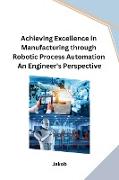Automation has revolutionized the manufacturing industry, allowing companies to streamline their processes, improve productivity, and achieve higher levels of efficiency. In recent years, the concept of Robotic Process Automation (RPA) has gained significant traction, offering engineers a powerful tool to achieve excellence in manufacturing.RPA involves the use of software robots or bots to automate repetitive and rule-based tasks within a manufacturing process. These bots can perform a wide range of activities, such as data entry, inventory management, quality control, and even complex decision-making processes. By taking over these tasks, RPA frees up human workers to focus on more value-added activities, such as innovation, problem-solving, and customer interaction.One of the key benefits of RPA in manufacturing is its ability to enhance accuracy and precision. Unlike humans, robots do not suffer from fatigue, distractions, or errors due to inconsistencies in performing repetitive tasks. This not only ensures consistent quality in products but also minimizes the risk of defects and rework, ultimately saving time and costs.Moreover, RPA enables manufacturers to achieve higher levels of productivity and efficiency. Bots can work 24/7 without breaks, leading to increased output and reduced cycle times. They can also handle multiple tasks simultaneously, enabling parallel processing and eliminating bottlenecks in the production line. As a result, manufacturers can meet customer demands faster, reduce lead times, and gain a competitive edge in the market.Additionally, RPA promotes flexibility and adaptability in manufacturing processes. With the ability to reprogram and reconfigure bots, engineers can easily modify production lines to accommodate changes in product design, volume, or customer requirements. This agility allows manufacturers to respond quickly to market fluctuations, optimize resource allocation, and improve overall operational performance.However, it is important for engineers to understand that RPA is not a replacement for human workers but rather a tool to augment their capabilities. While robots can perform repetitive tasks with precision, they lack the creativity, problem-solving skills, and emotional intelligence that humans possess. Therefore, it is crucial for engineers to identify the right balance between human and robotic involvement in manufacturing processes, ensuring that humans are still at the forefront of critical decision-making and complex problem-solving tasks.


